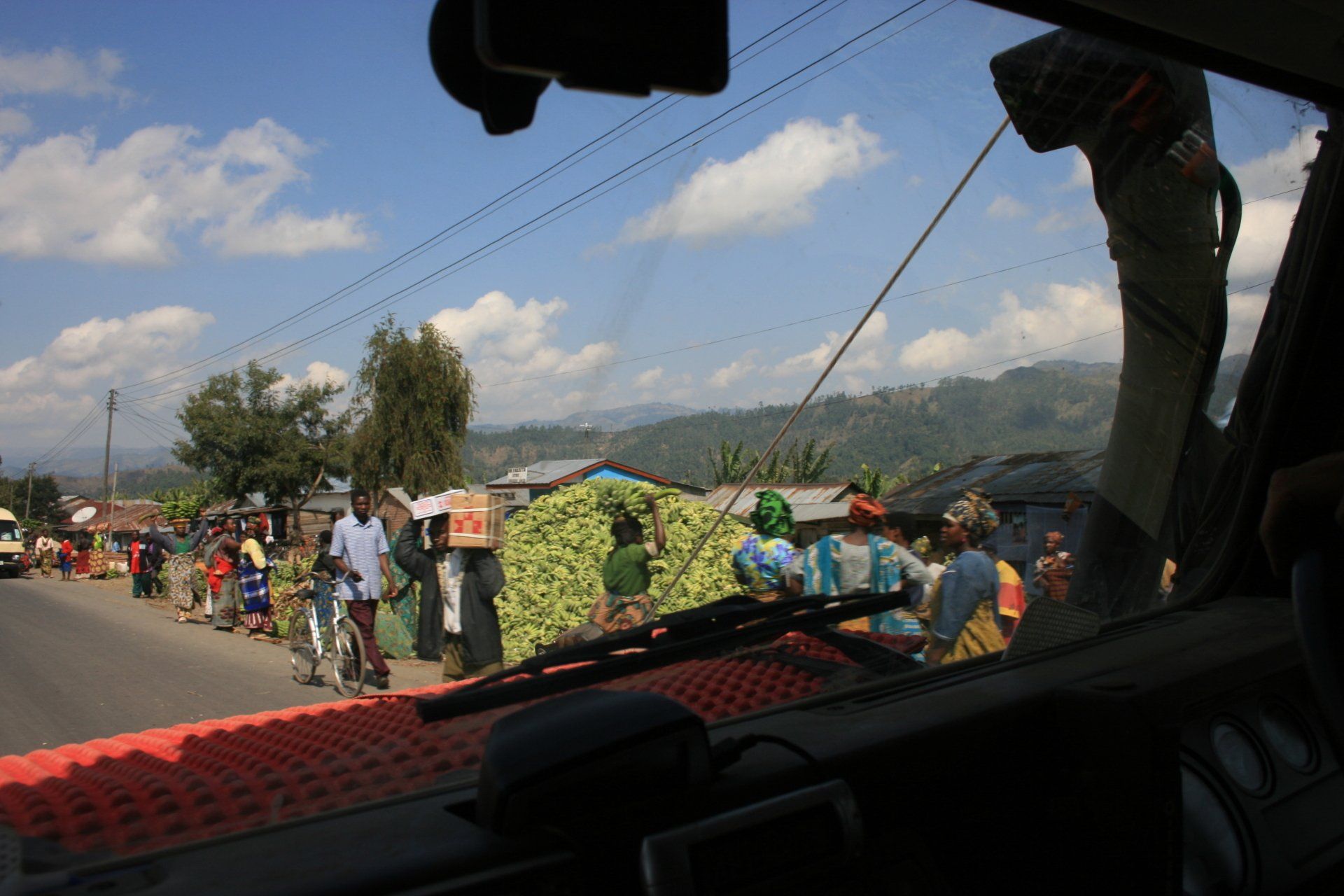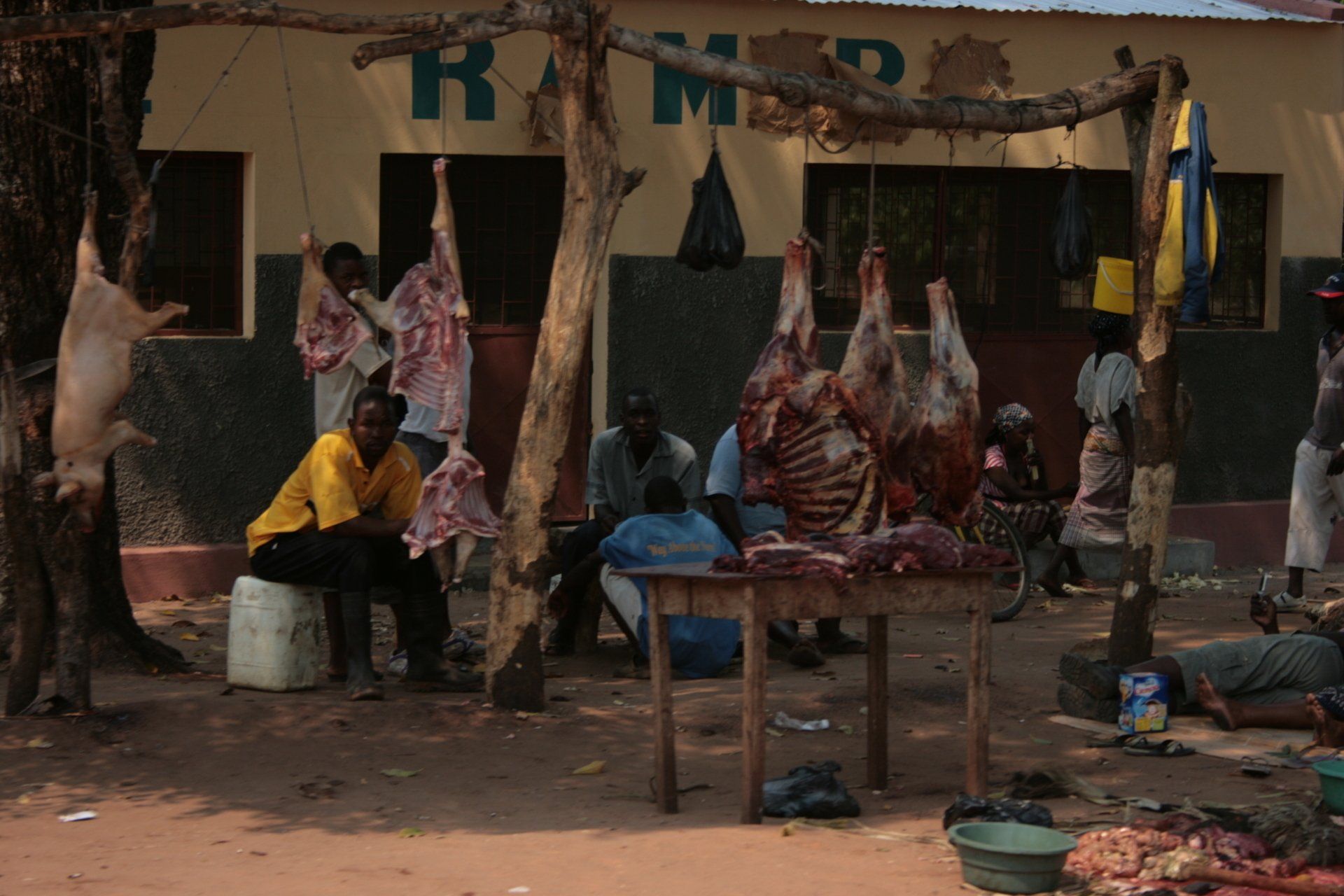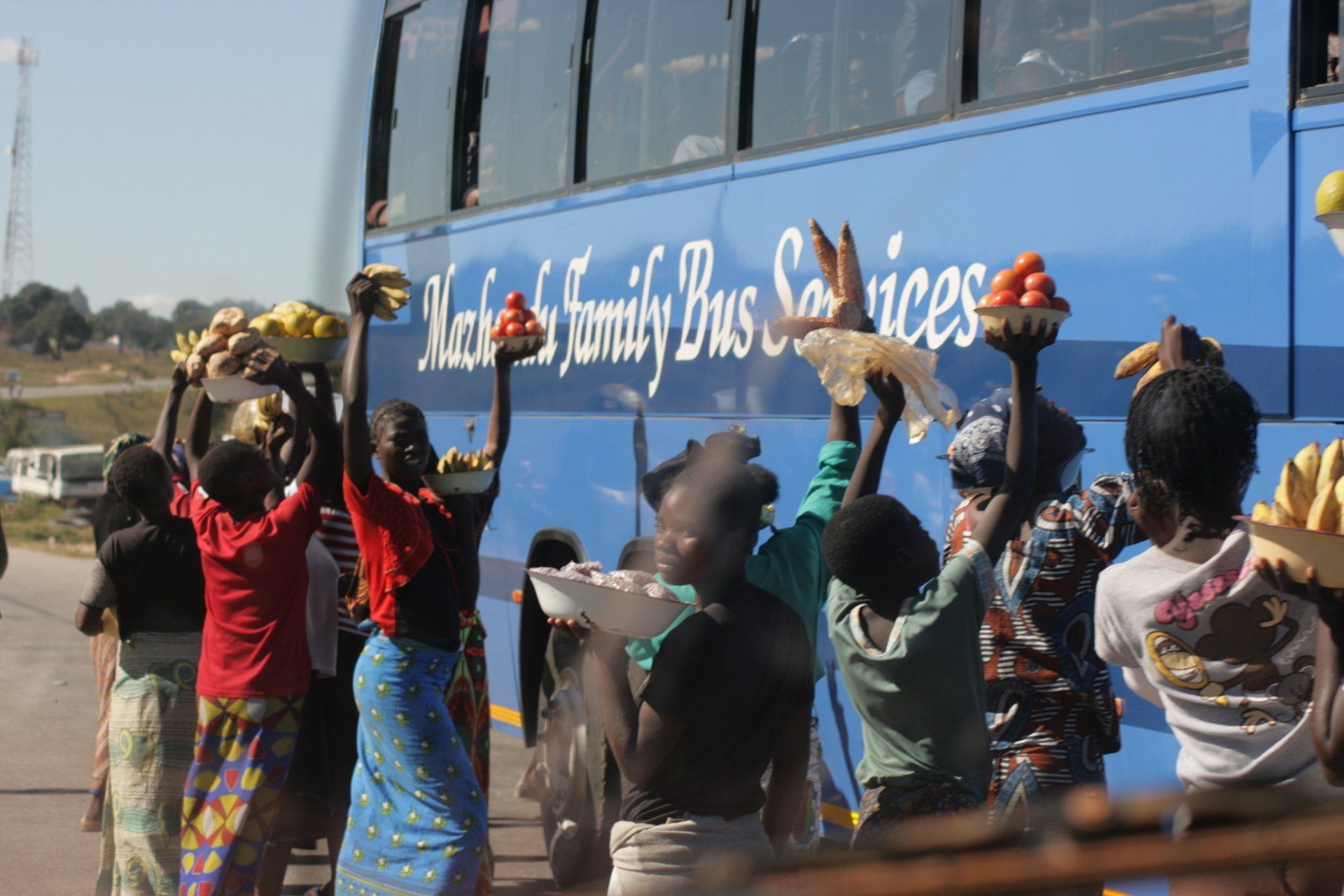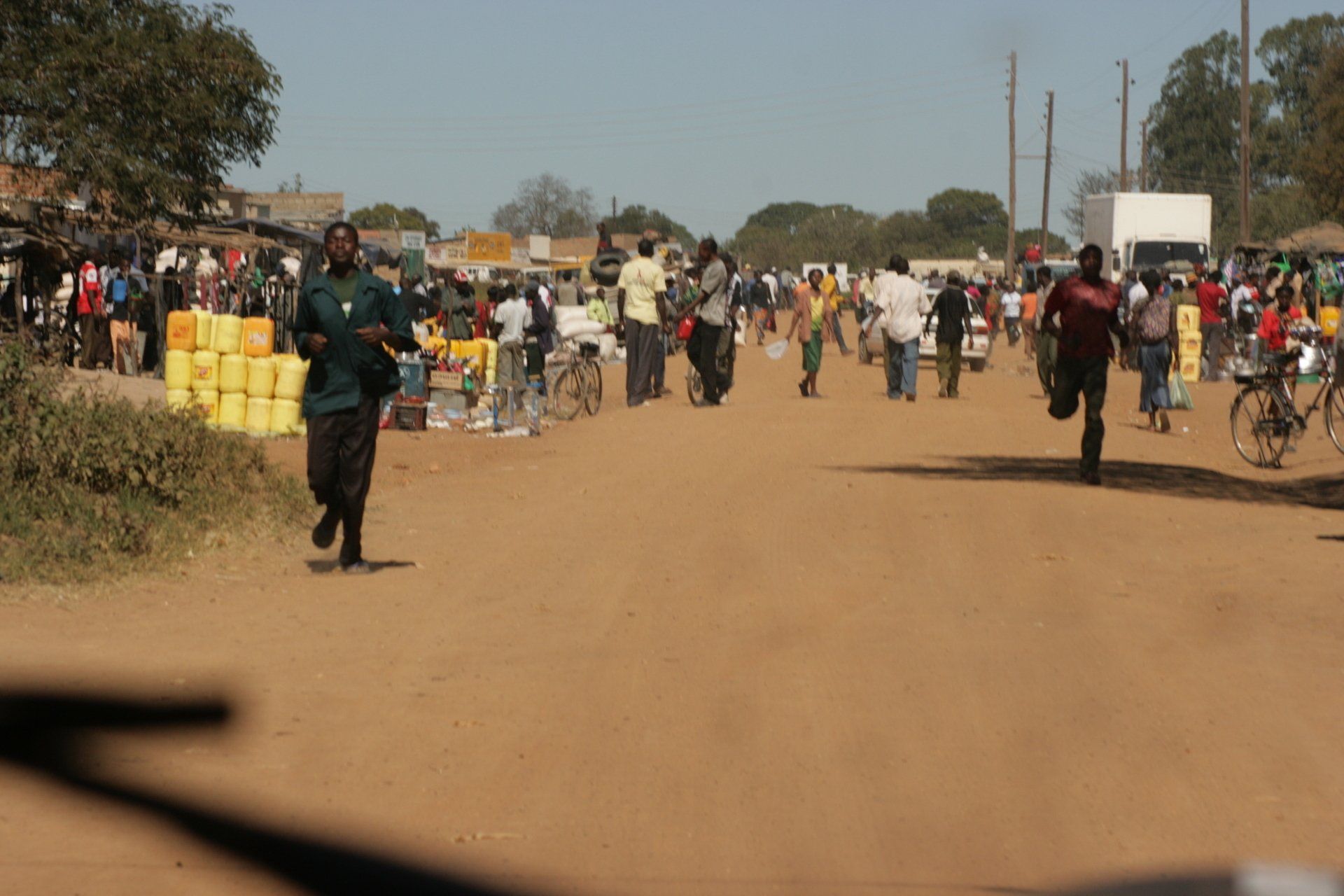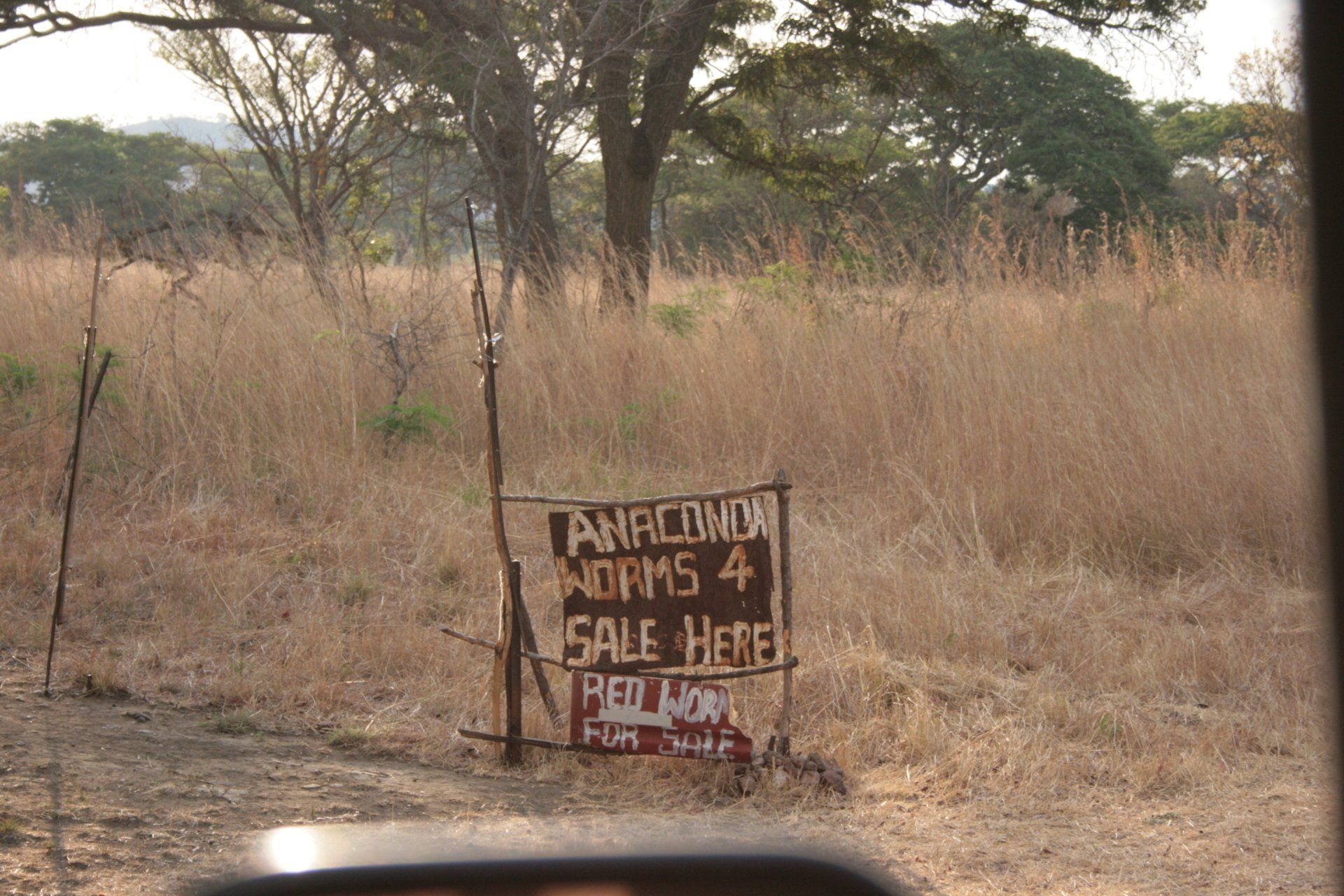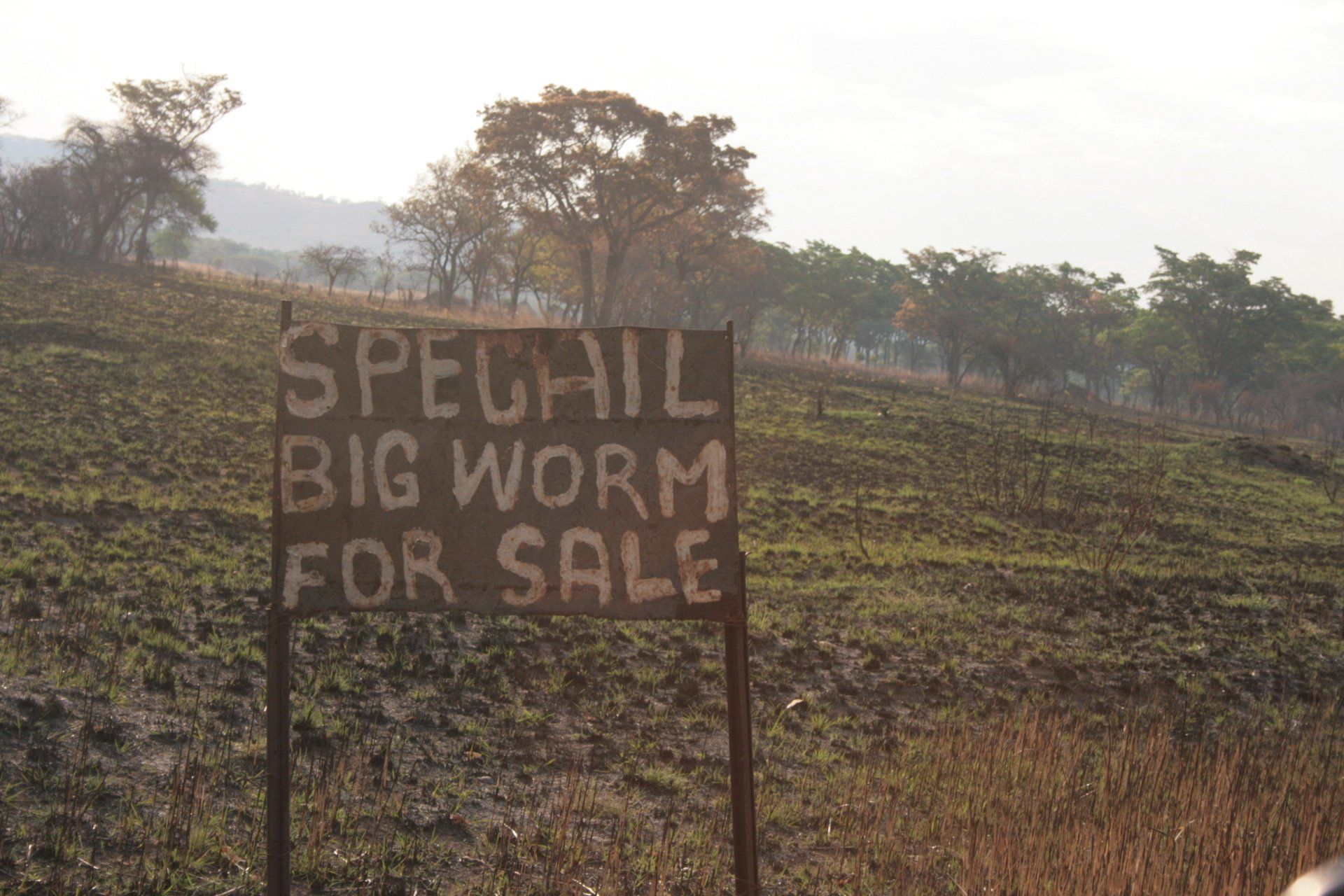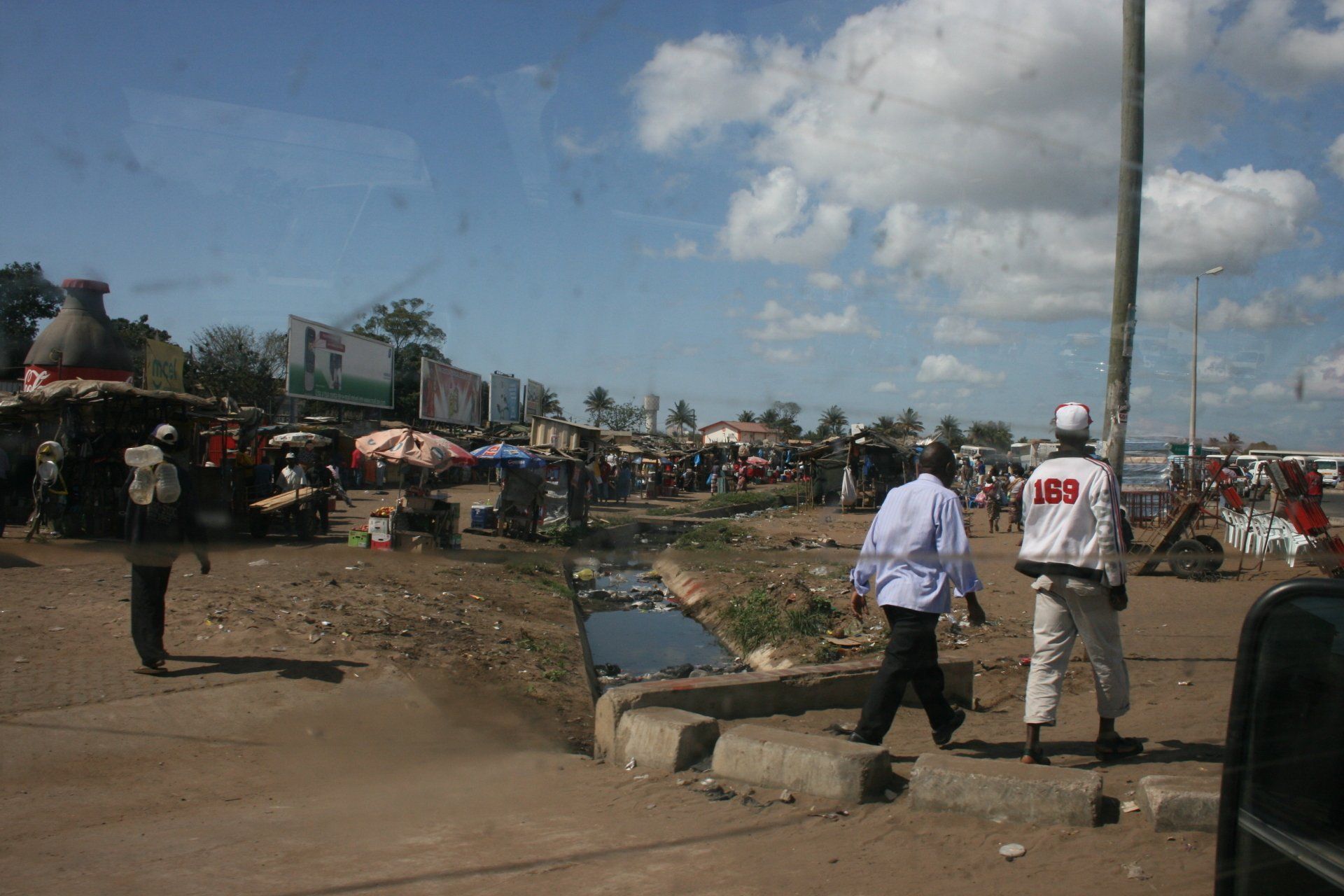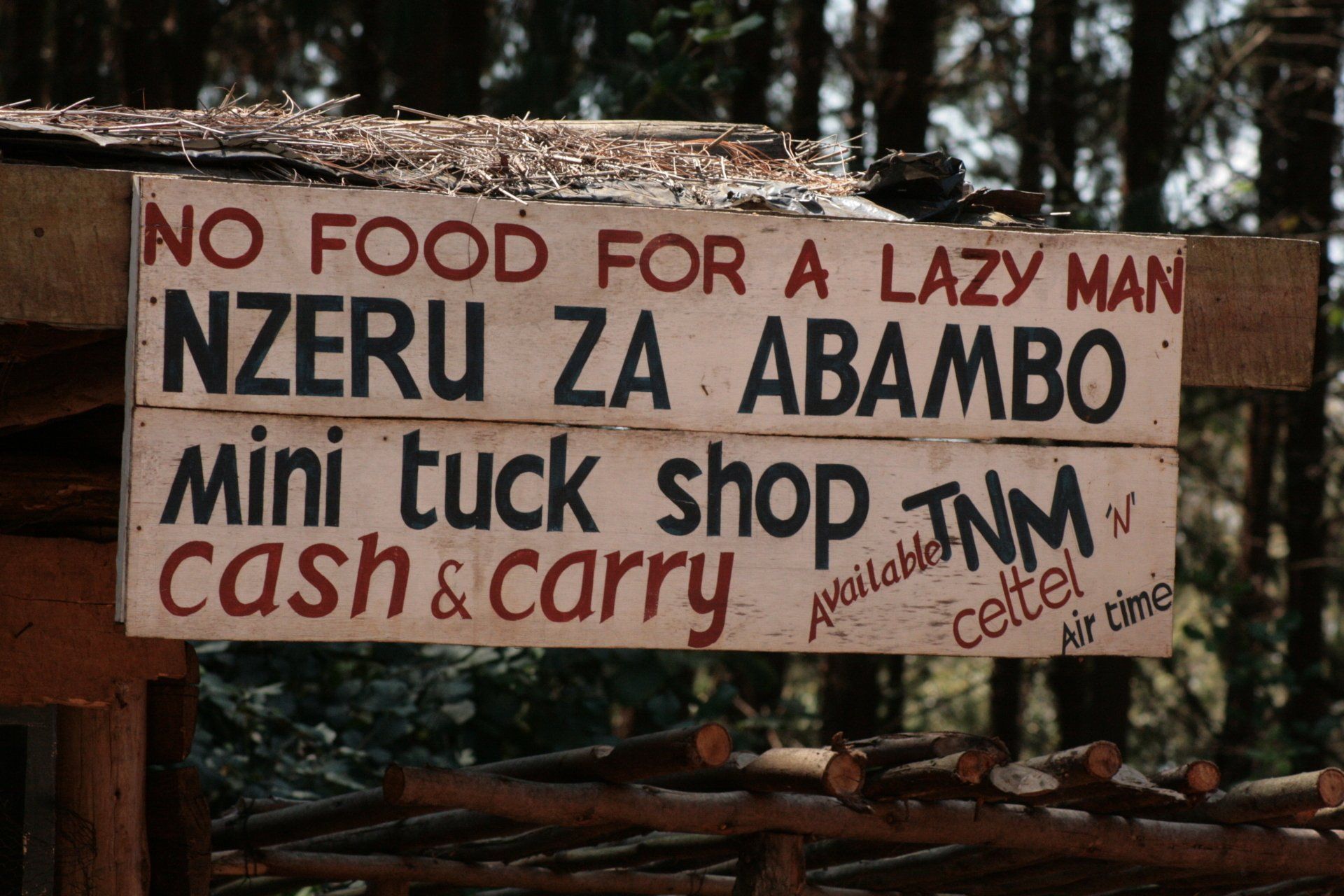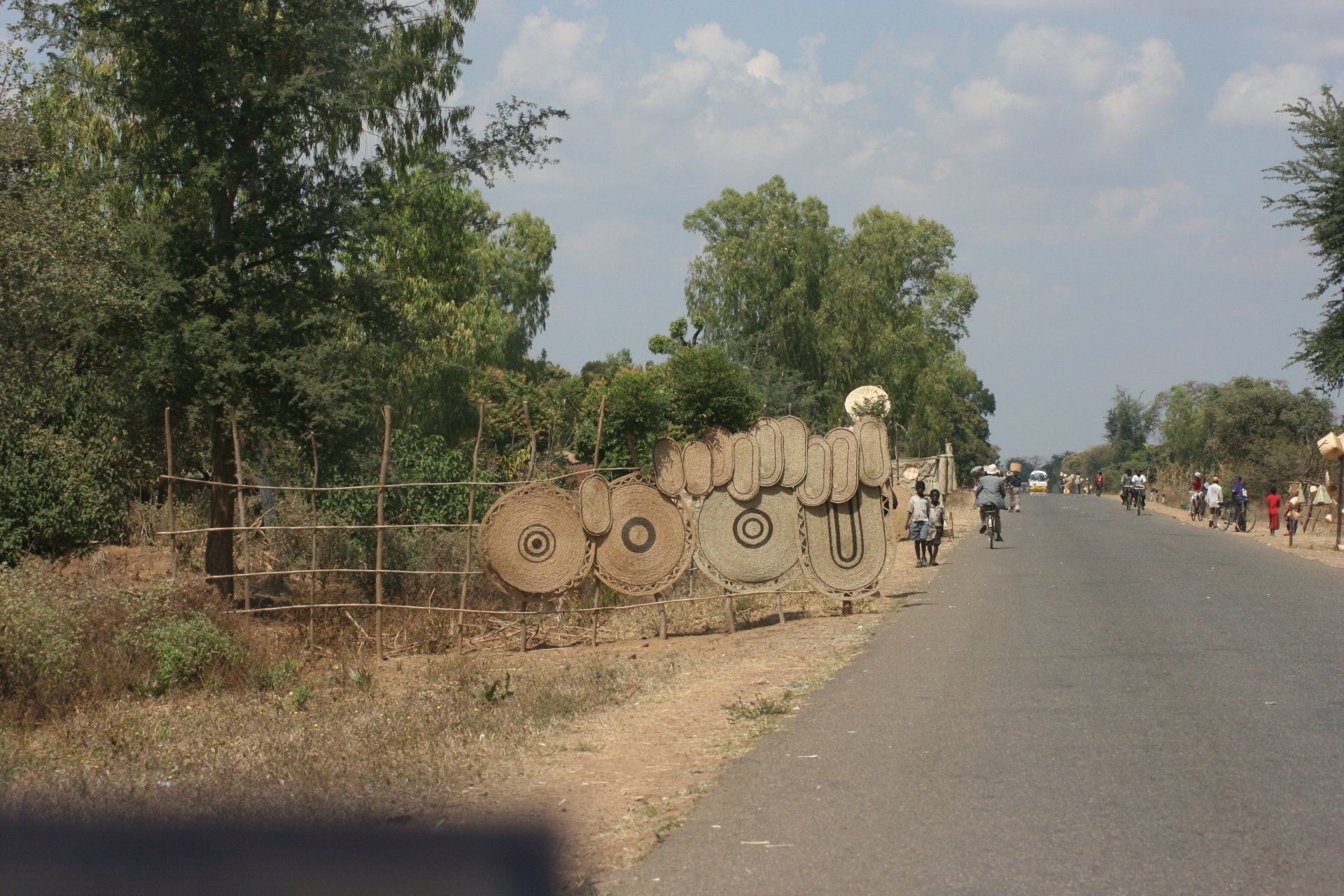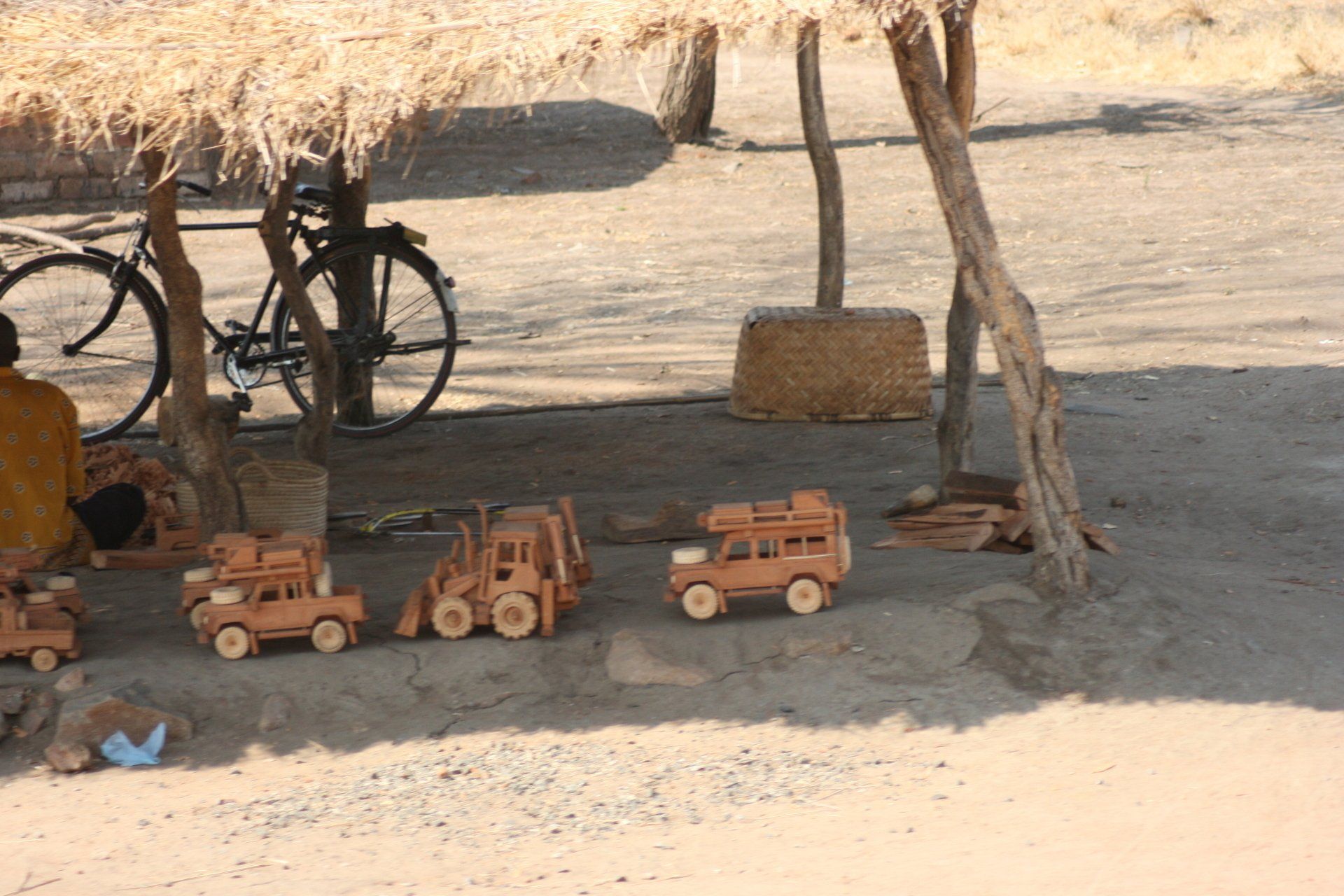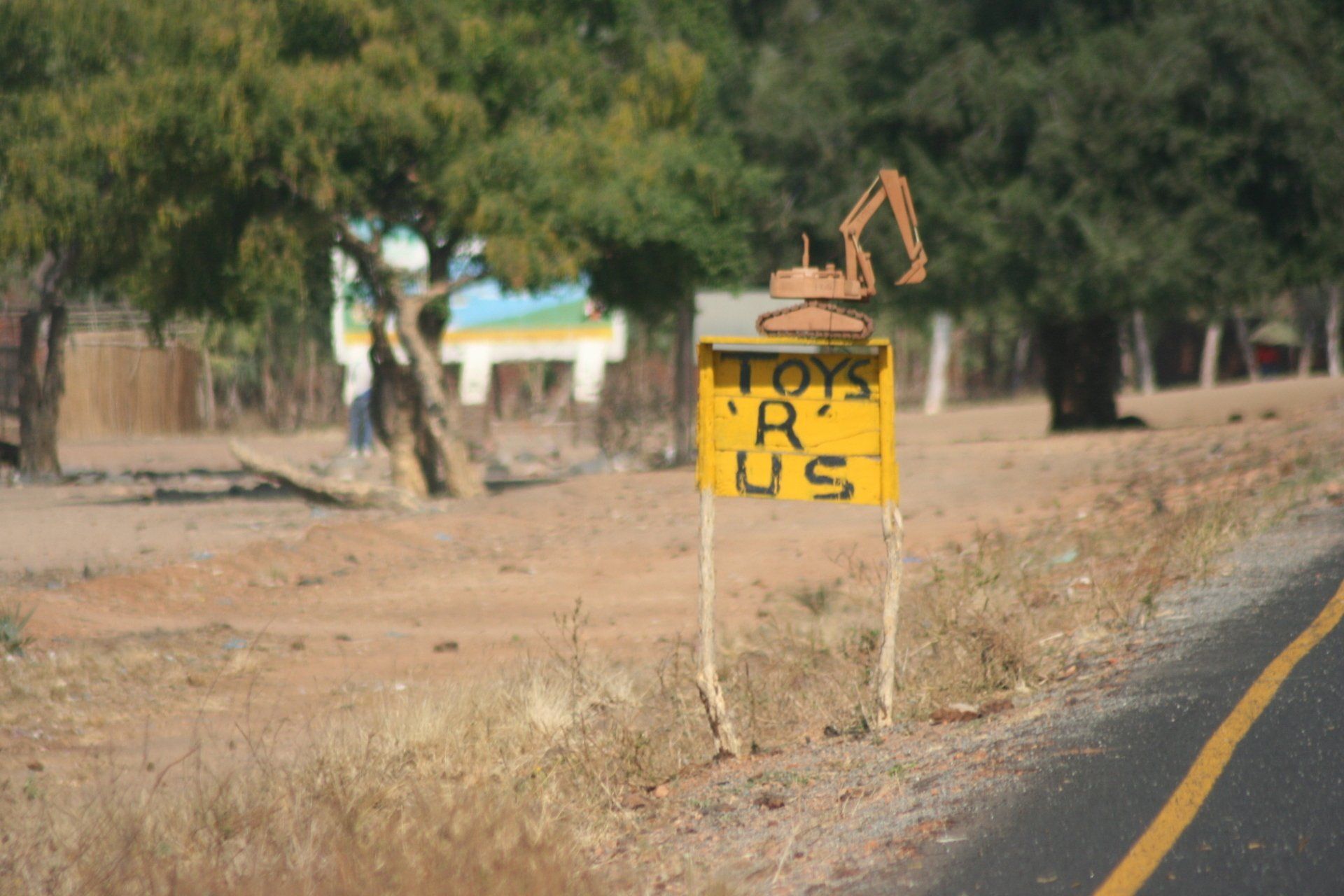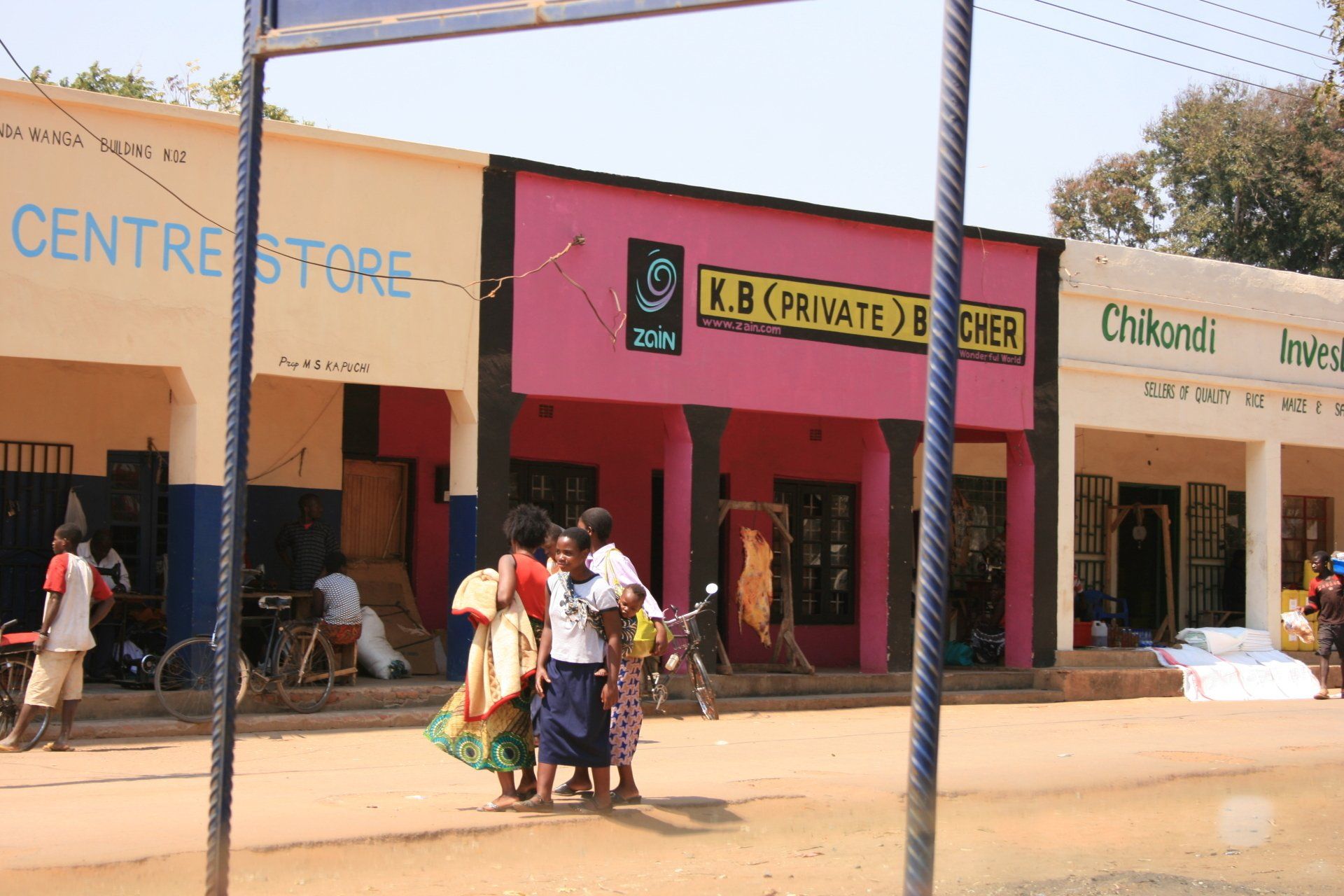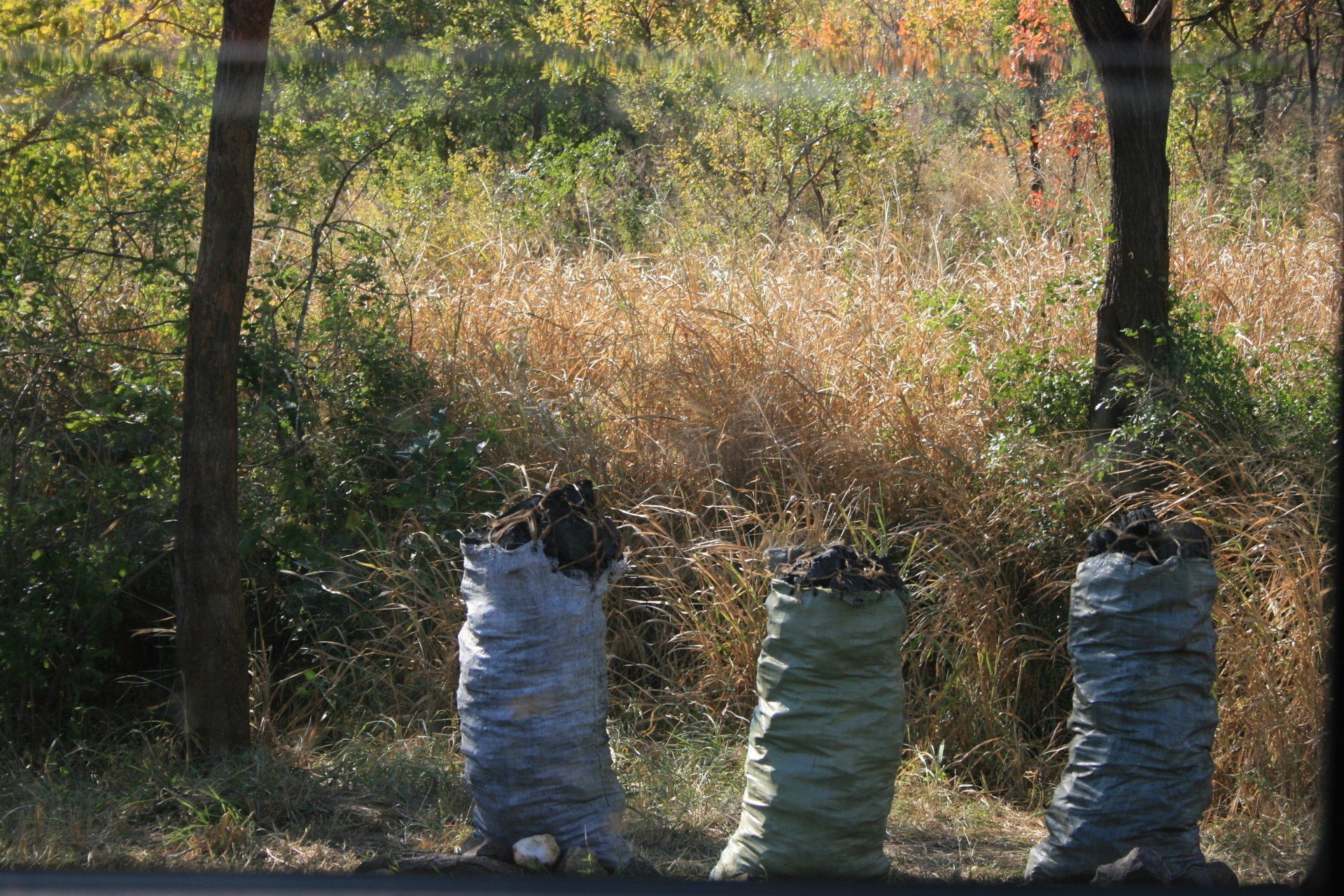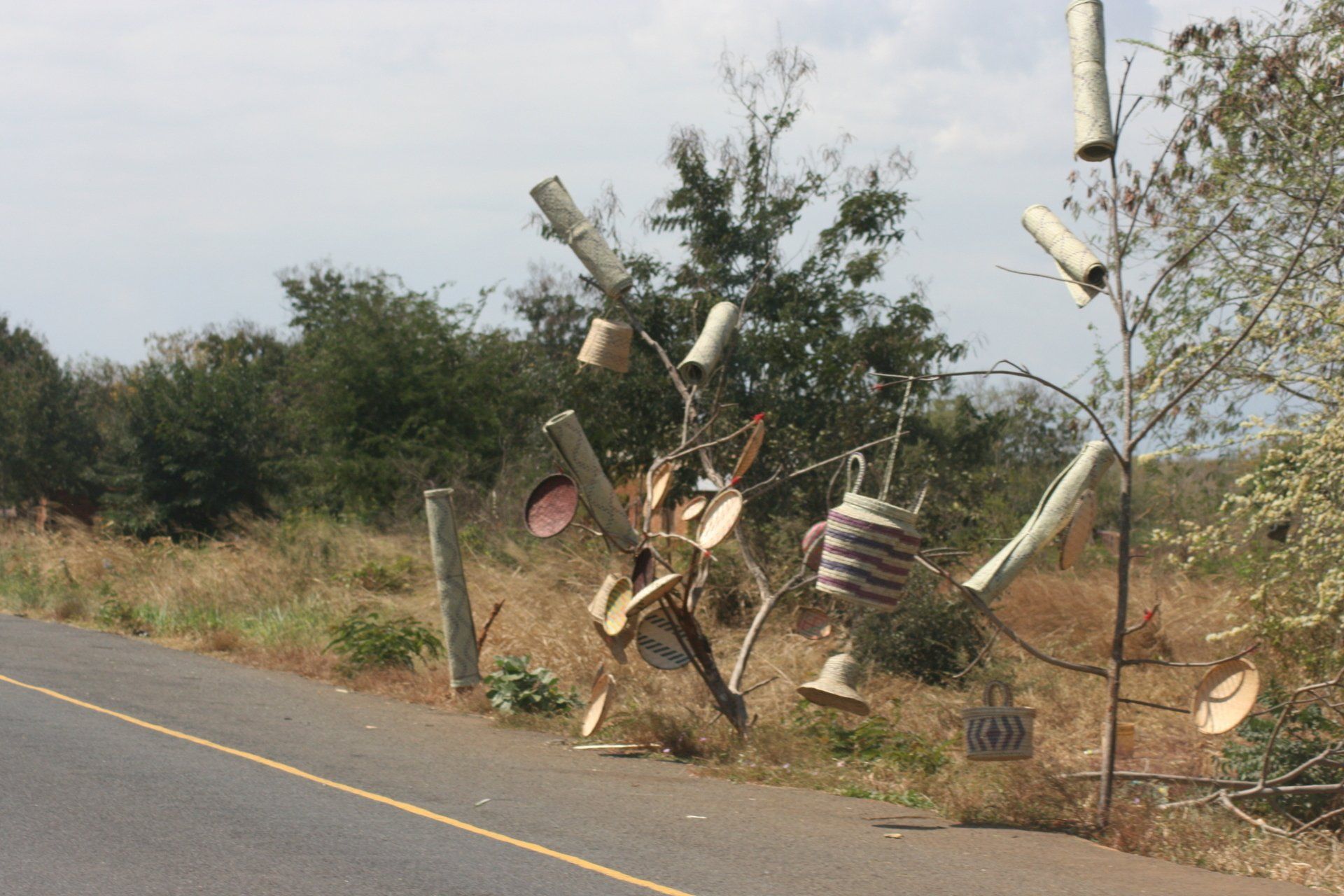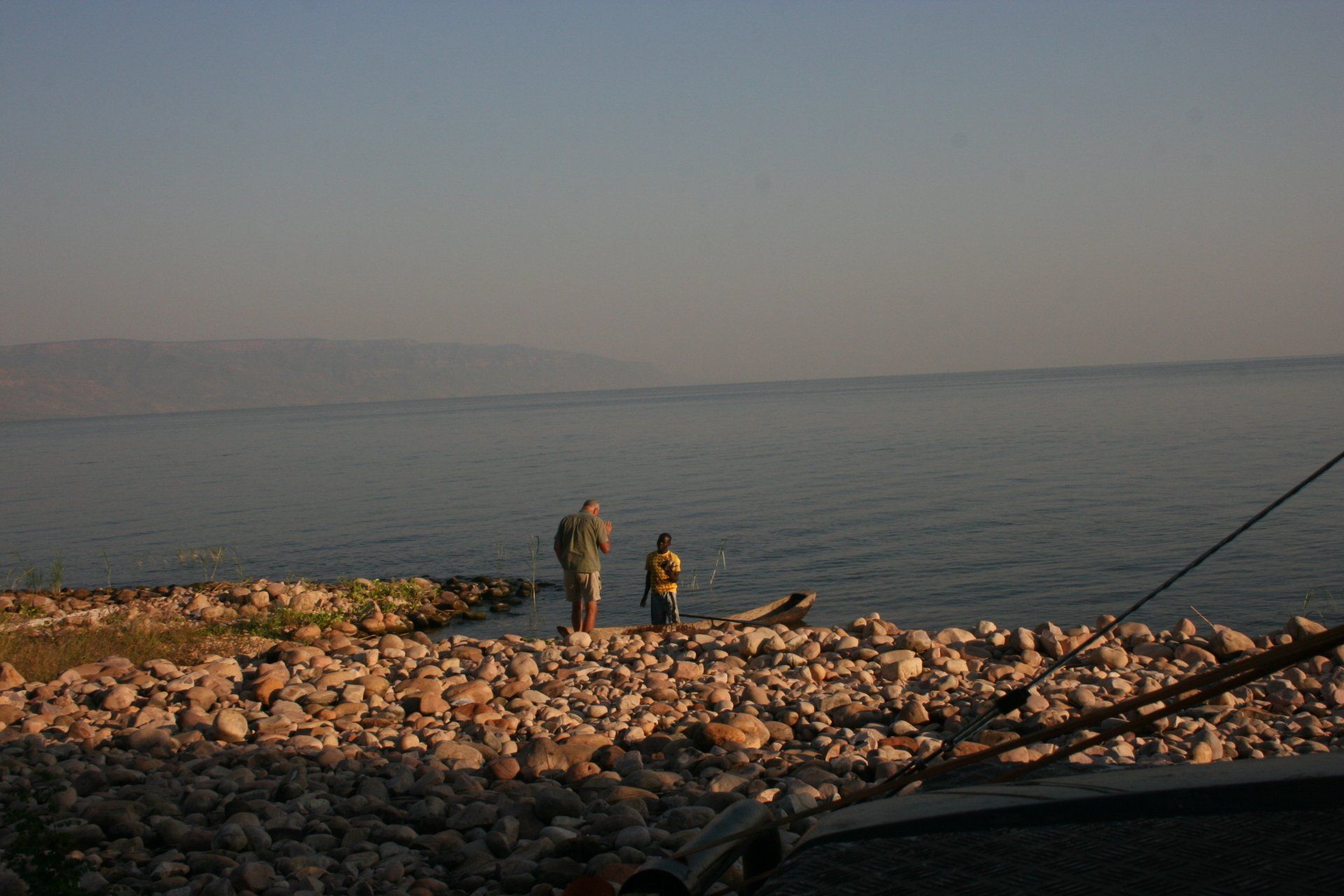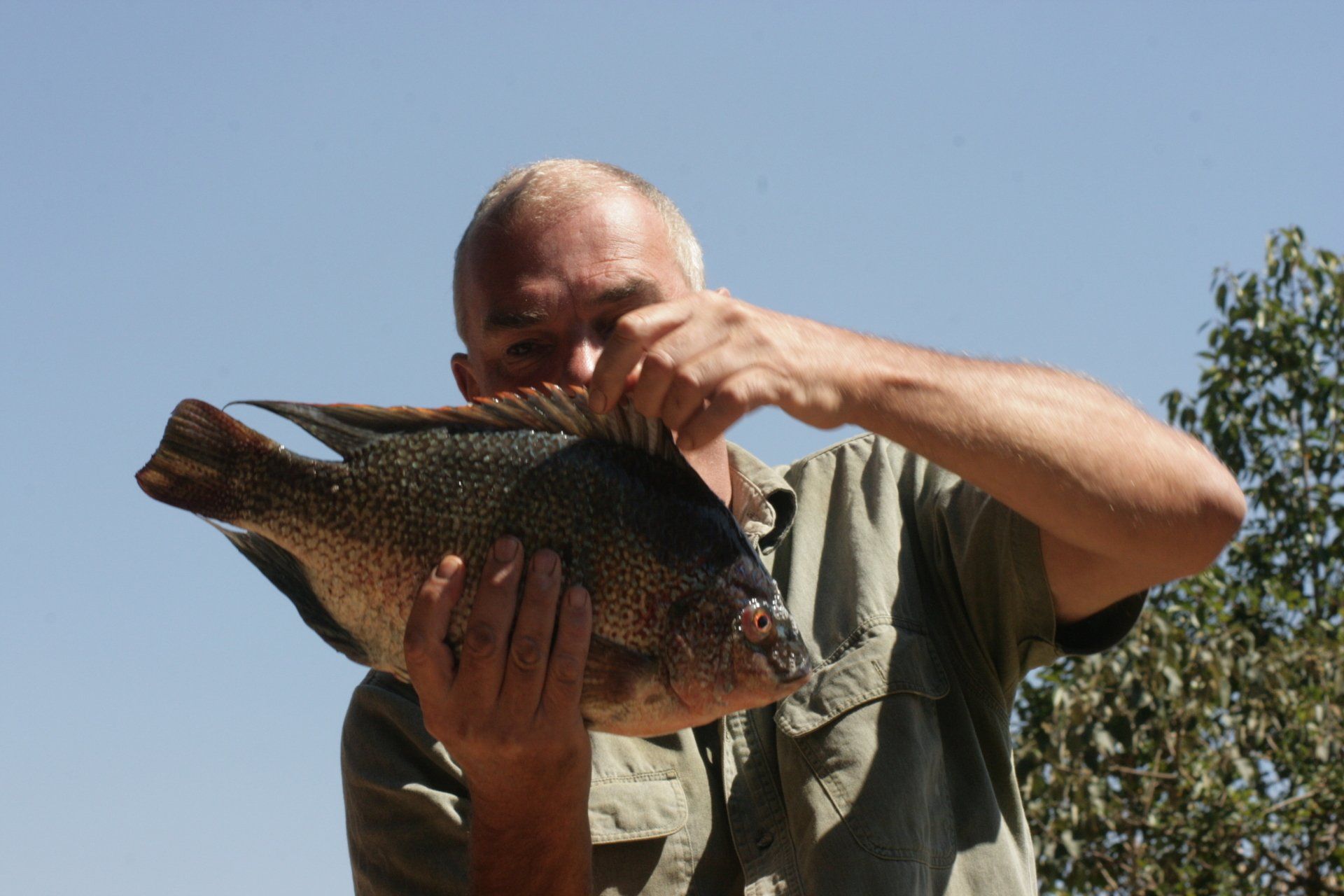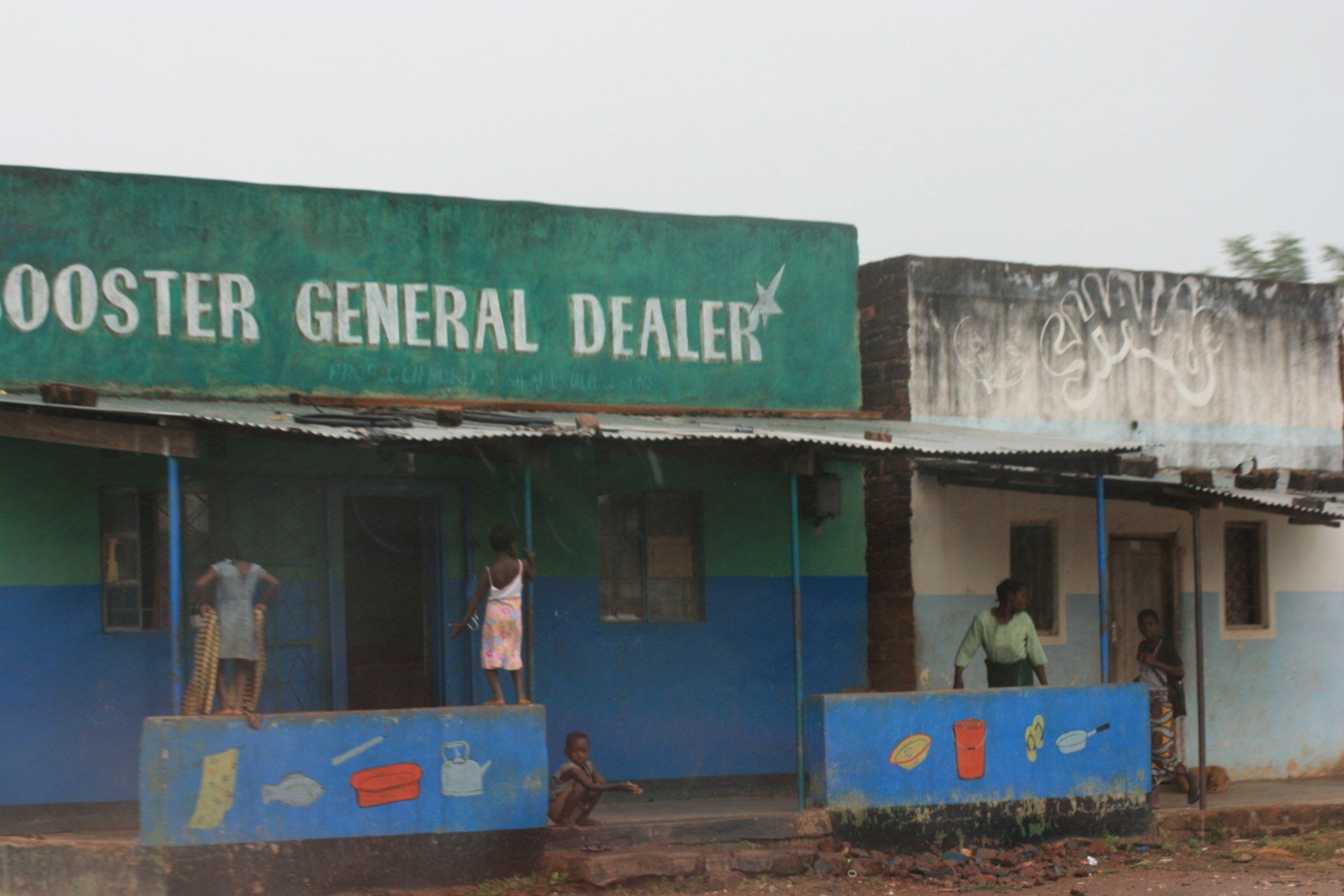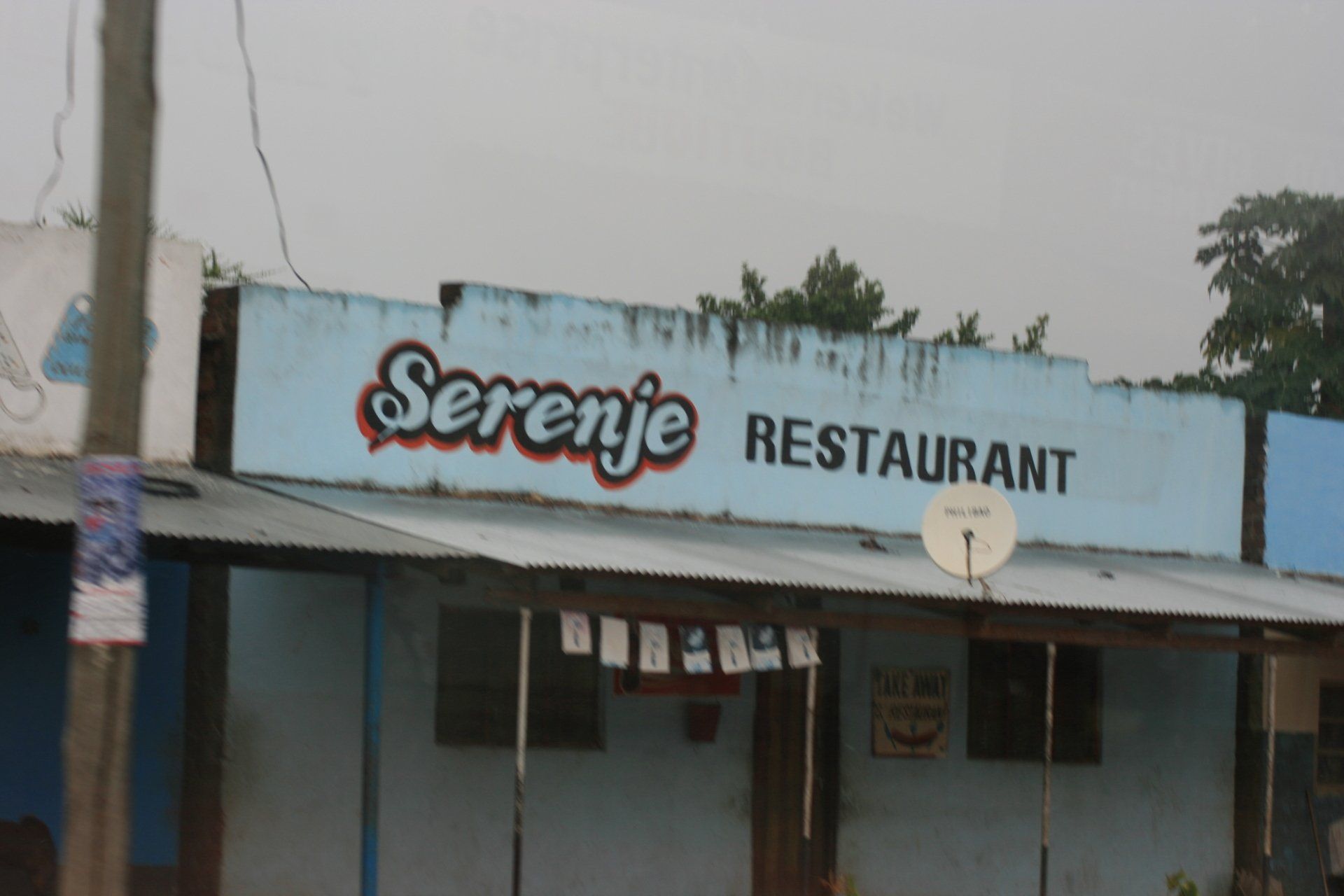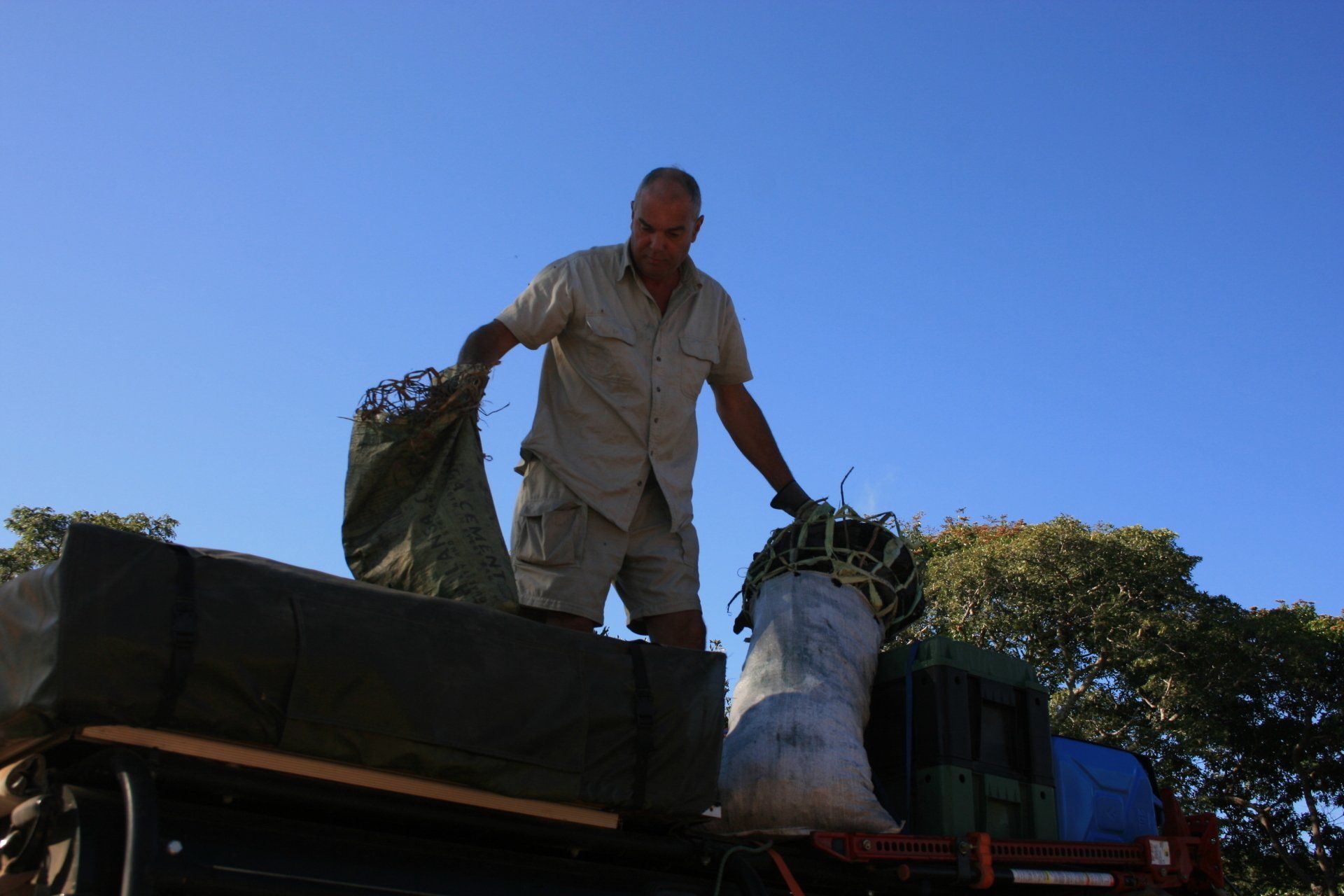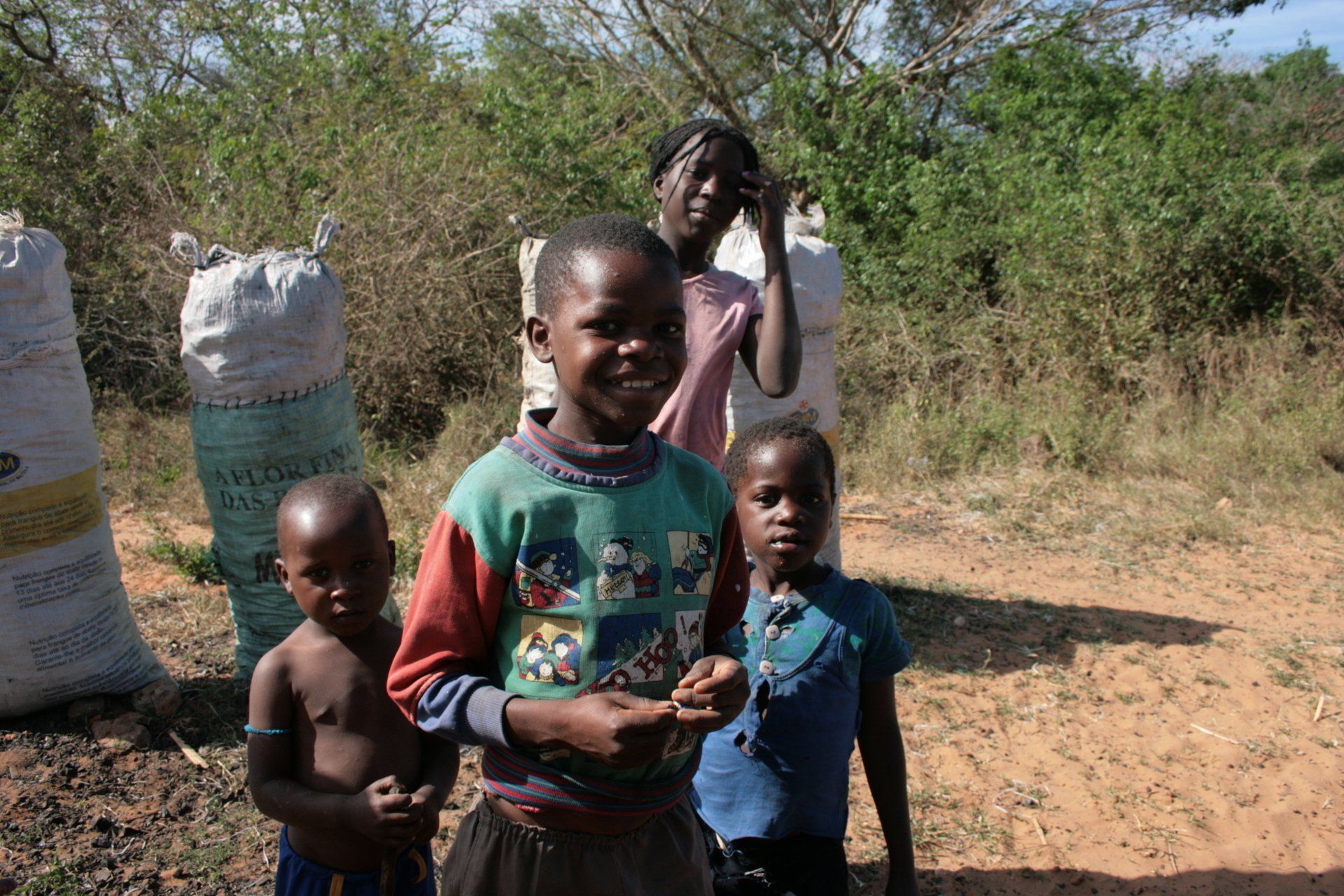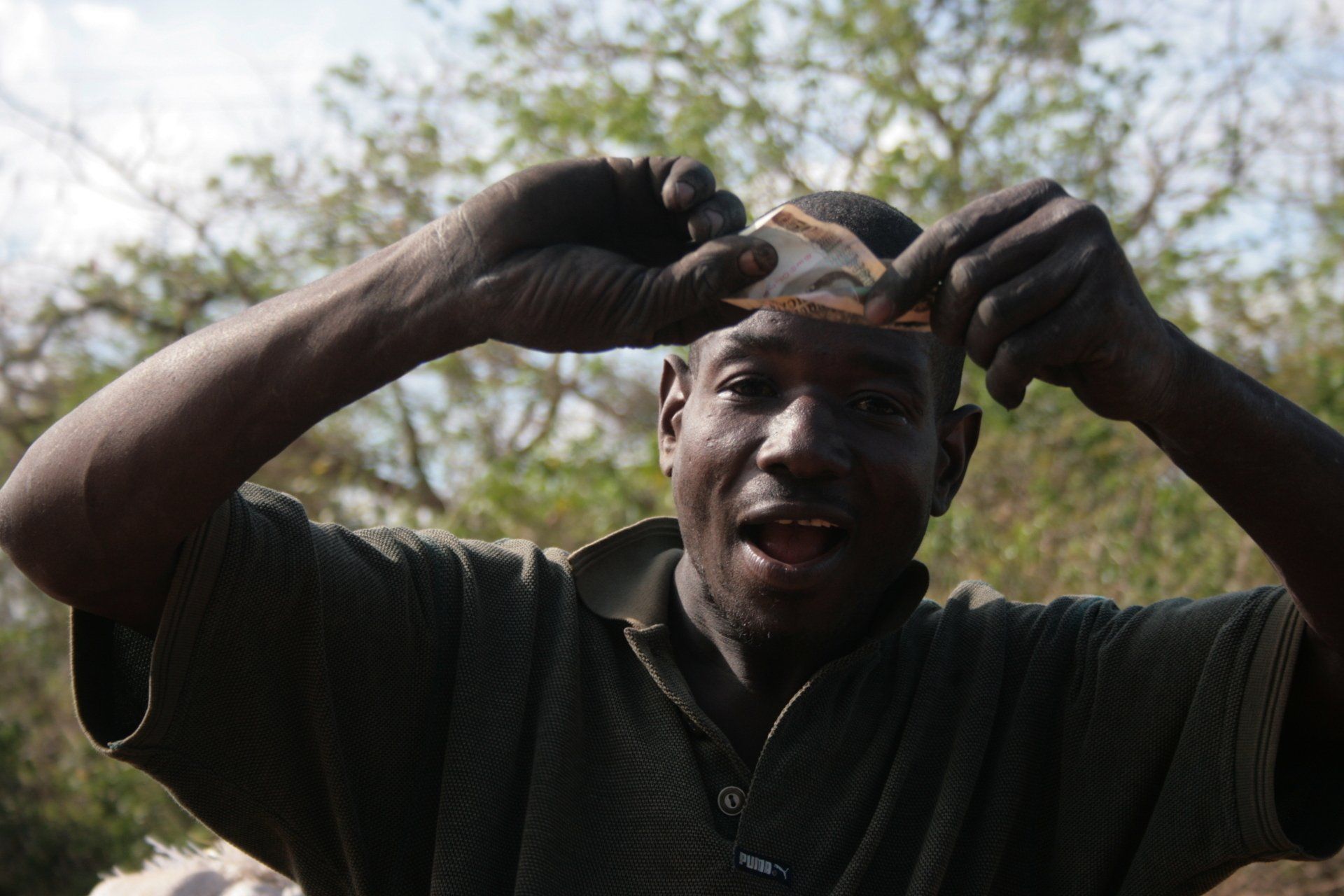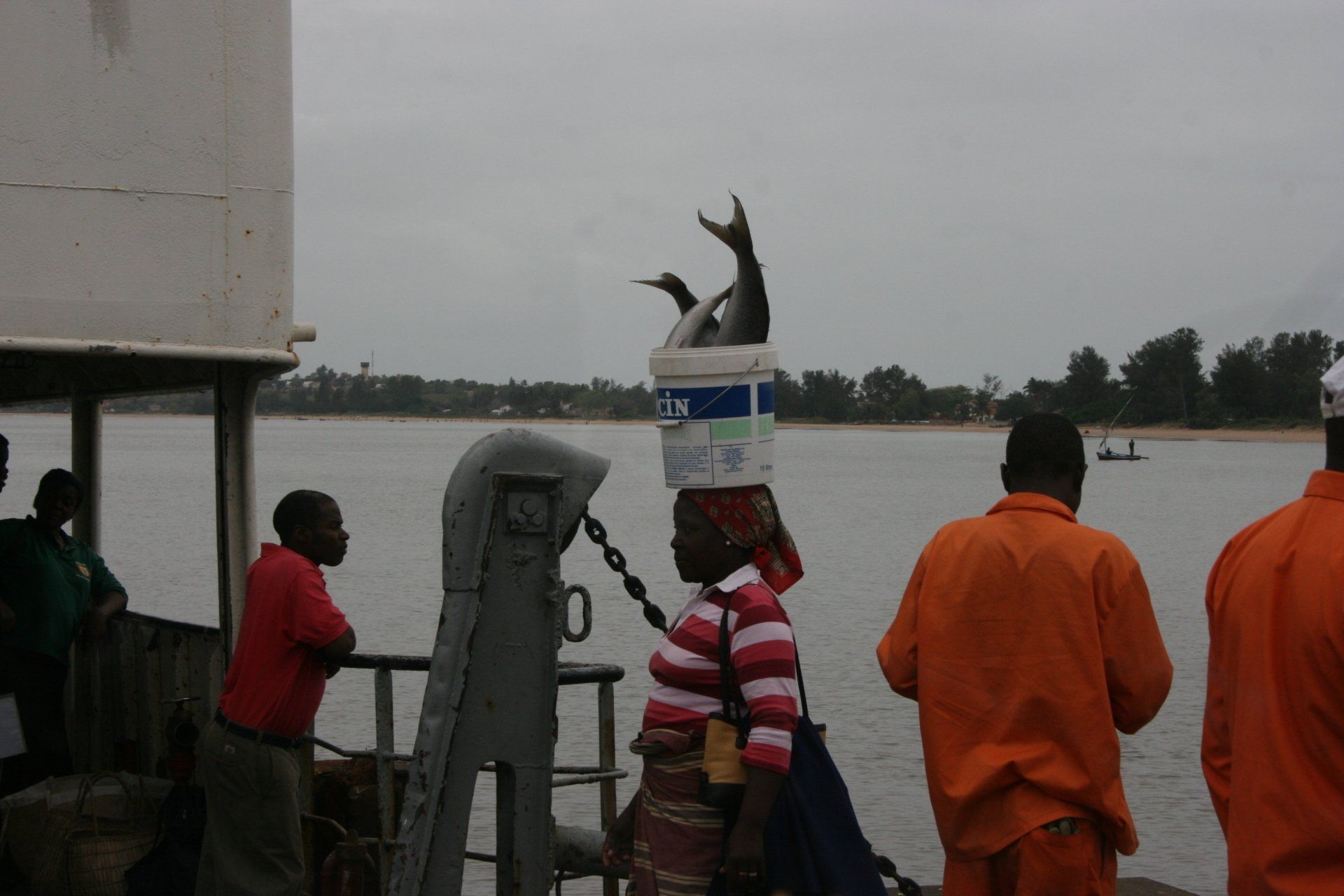Africa4x4
African Adventure - Our Trip
Money & Shopping
Slide title
Write your caption hereButtonSlide title
Write your caption hereButtonSlide title
Write your caption hereButtonSlide title
Write your caption hereButtonSlide title
Write your caption hereButtonSlide title
Write your caption hereButtonSlide title
Write your caption hereButtonSlide title
Write your caption hereButtonSlide title
Write your caption hereButtonSlide title
Write your caption hereButtonSlide title
Write your caption hereButtonSlide title
Write your caption hereButtonSlide title
Write your caption hereButtonSlide title
Write your caption hereButtonSlide title
Write your caption hereButtonSlide title
Write your caption hereButtonSlide title
Write your caption hereButtonSlide title
Write your caption hereButtonSlide title
Write your caption hereButtonSlide title
Write your caption hereButtonSlide title
Write your caption hereButtonSlide title
Write your caption hereButton
| 2009/10 | 2009/2010 | 2020 | 2020 | ||
|---|---|---|---|---|---|
| Currency | £1 to local | local to $1 | £1 to local | local to £ | |
| South Africa | Rand | R13.55 | R100 = £7.27 | R21.17 | R100 = £4.72 |
| Botswana | Pula | P10.68 | P100 = £9.28 | P14.77 | P100 = £6.76 |
| Zambia | Kwacha | Kw7692 | Kw10,000 = £1.20 | Kw26*** | Kw100 = £3.75 |
| Tanzania | Shilling | Tsh2028 | Tsh10,000 = £4.93 | Tsh3010 | Tsh10,000 = £3.32 |
| Malawi | Kwacha | MK217 | MK1000 = £4.60 | MK980 | MK1000 = £1.02 |
| Mozambique | Metical Novo | Mtn50 | Mtn100 = £2.00 | Mtn95 | Mtn100 = £1.05 |
| Swaziland | Emalangeni* | E13.55 | E100 = £7.27 | E21.17 | E100 = £4.72 |
| Zimbabwe | US Dollar** | US$1.66 | US$1 = £0.60 | US$ 1.29 | US$1 = £0.77 |
| Namibia | Namibian Dollar* | N$13.55 | N$100 = £7.27 | N$21.17 | N$100 = £4.72 |
| *Rand parity | |||||
| **since 2009 | |||||
| ***Revalued in 2012 |
MONEY & SHOPPING
As of 2010
Banks, ATMs, and credit/debit cards
The bane of my life! ATMs varied from country to country with the South African ones being on the whole the most reliable and some, Malawi and Mozambique for example, being awful.
Best to have more than one account and card – spread between Visa, MasterCard etc., as some countries didn’t like some; e.g. Malawi not Visa. Where available, Barclays appeared to be the most reliable and gave the most cash. Tell the card issuers what countries you plan to visit and roughly when and make sure you get them to record this fact. Get fraud line numbers and, if possible, get free-phone numbers for your card provider to save your phone credit.
Our cards were regularly blocked by random security checks and could only be cleared after phoning the fraud line – probably worth researching this aspect more fully.
On-line banking is probably essential to allow management of accounts and move money around and can, with care, be done securely in internet cafes. Our bank (Lloyds), whilst abroad, sent text alerts when our debit card was used but limited to just Judi’s as she set it up; I should have set mine up as well.
Text alerts notify each transaction and hence alert you to fraud – some came through whilst still in the queue completing the transaction, but of course you need a mobile phone signal; most ATMs were in towns with phone coverage. We also received a weekly text from the bank giving a mini statement of account with balance and last six or so transactions; again, very handy for checking nothing was amiss. We didn’t use credit cards after Judi’s was cloned early on in Cape Town, but now our bank offers the text alert system for credit cards and internet transactions. The other UK banks offer a similar service.
Some shop assistants will suddenly run off with your card for a variety of reasons, for example, because the international machine was located at another till, so be on your guard and follow them; not always easy with a shopping trolley. Shopping in pairs is a good idea.
Having had ours cloned early on in the trip we tended to draw out cash at ATMs and pay cash for most things unless it was a big, reputable supermarket. However, garages in southern Africa only take cash, although some South Africa ones are starting to take cards, with the machine being brought to the car.
If your card is cloned, banks are generally very good at blocking transactions and refunding the money, but they also cancel the card. The difficulty now is to receive the replacement card as it has to be posted to your home address and then get to you somewhere in Africa. In future I would visit the banks prior to departure to talk through the various pitfalls and possible options.
We took a reasonable amount of pounds sterling; dollars and rands that could be stashed in the vehicle securely; I wouldn’t want to carry this amount other than in a vehicle. Usual advice is to take travellers cheques but it’s not always practical to do so or possible to find a bank that would deal with them.
US Dollars are widely accepted in every country – rand useful – pounds sterling less useful: would recommend taking mainly US$. Cash can be exchanged at some banks (some require you to have an account so not much use). If exchanging for currency for next country bear in mind you will pick up two lots of transaction fees and two lots of exchange rates as the dollars, or whatever, will nominally be changed into the local currency and then, as a second transaction, into the currency of your choice.
Border Crossings
Border crossings are often a stressful experience and can be fast moving with lots of willing helpers vying for your attention so any preparation that can be done in advance to reduce that stress will be a bonus. Get all documents and required money, often US dollars, ready prior to arrival so you are not rummaging through the vehicle in the middle of an inquisitive crowd. Work out and write down the exchange rates of pounds sterling AND US dollars AND rand against the local currency of the country you are leaving and the country you are entering as, depending upon the country, any of these currencies may be accepted for visas etc., and more importantly, to make sure you are not ripped off by ‘personal advisors’ or money changers who are swift talkers and well skilled at relieving you of your cash. Easier said than done, however!
Money Changers
The Wise Words are they are to be avoided at all costs! If they offer you a deal that is too good to be true, then it probably is. If you do use them make sure you know the official exchange rate to get an idea what they should be offering; have your money ready and be prepared to be diddled.
The golden rule is:
Make sure you are the last one to handle and count the money you have been given in exchange.
That they agree the amount of money you have given them afterwards in exchange so you can’t be accused of shortchanging them.
Best to have at least two pairs of eyes concentrating on proceedings.
This is their trade so are well skilled and are not a charity!
Shopping
The availability of provisions varied enormously from country to country but generally the larger supermarkets were restricted to the largest towns. It is sensible to carry a good stock of essentials and tins and purchase ‘luxury’ items when available.
In some countries, particularly Tanzania, there was little in the way of frozen food and a treat was to find a frozen chicken that had probably defrosted a few times. We also carried a few emergency meals purchased in the UK, just in case, but never used them.
Roadside Sellers
More prevalent in countries like Zambia, Tanzania, Malawi & Mozambique where shops tended to be concentrated in the major towns only.
Roadside butchers sold unusual cuts of meat that tasted okay but we made sure we cooked it well. Roadside fruit and vegetable sellers were cheap but the standard of the food varied considerably – some of it was excellent.
In Malawi, in the middle of nowhere, we came across a small child holding out an egg. We ended up buying the lot, about 13, as a treat: mother looked surprised. Next morning I was looking forward to my fried eggs - it was then we discovered they were boiled! Apparently a travellers' favourite roadside snack, one boiled egg and a little salt! Also in Malawi near Dedza there were loads of kids selling what looked like prawns on a kebab sticks - turns out they were fried mice!
Firewood and in several countries, charcoal, readily available roadside but be conscious of environmental impacts.
Keep small change handy for buying roadside as nobody will have change: we tended to just hand over a small note and let them give us what they thought it was worth – worked quite well. In the bigger shops, retain receipts until outside as many will have security checks with a guard checking your bag or trolley contents off against the till receipt. Only the large chain supermarkets and other international shops accepted debit cards. Keep receipts for any large or expensive items for customs checks or reclaiming the local VAT equivalent.
Vehicle Minders
Very often you will get offers of minding your vehicle and for the sake of a small tip probably best to engage them – just in case! Occasionally they will wash the vehicle as well.
Stacking the Vehicle
Returning to your vehicle with shopping in bags or trolleys often attracts a horde of willing helpers wanting to help you stack it in the vehicle. Most were genuine but keep your wits about you for unscrupulous ones. Clear a space in the vehicle before you shop so bags and items can go straight in rather than hang about in the middle of the crowd. You can always stop further down the road to rearrange and put things in the fridge/freezer.
Tipping
For those that have genuinely helped, including the till assistant, a small tip, one or two rand or equivalent, will be greatly appreciated – nothing to us but a fortune to many.
Almost all garages will have attendants who will fill the vehicle, wash the screen, check the oil and again a small tip is appropriate.
www.africa4x4.org
